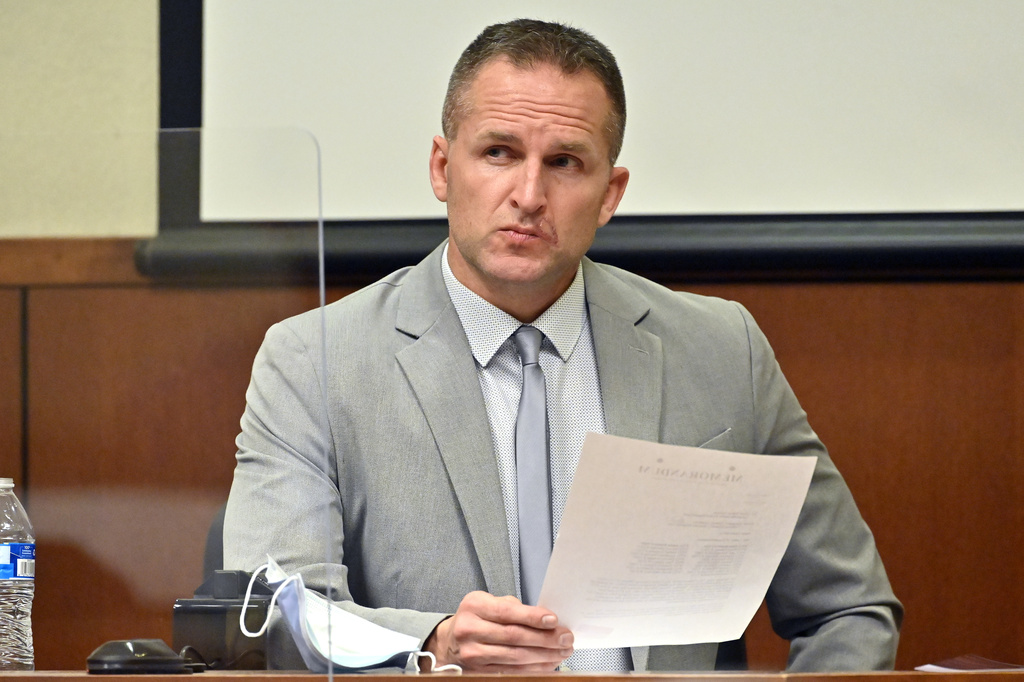In a landmark ruling, a federal judge sentenced a former Kentucky police officer to nearly three years in prison for using excessive force during the 2020 deadly raid that resulted in Breonna Taylor’s death. The decision came despite a recommendation from the Justice Department for no prison time.
Ex-officer in Breonna Taylor raid sentenced to nearly 3 years in prison

Key Takeaways:
- An ex-Kentucky police officer was sentenced to nearly three years in prison.
- Convicted for using excessive force during the 2020 Breonna Taylor raid.
- The sentencing occurred on Monday.
- The judge declined the Justice Department’s recommendation for no prison time.
- The case underscores ongoing discussions about police accountability.
A Federal Sentence for Excessive Force
A federal judge on Monday handed down a nearly three-year prison sentence to an ex-Kentucky police officer involved in the 2020 raid that led to the death of Breonna Taylor. The officer was convicted of using excessive force during the operation.
Background of the 2020 Raid
The incident stems from a deadly raid in March 2020, during which Breonna Taylor, a 26-year-old African American woman, was fatally shot in her Louisville apartment by police officers executing a search warrant.
Conviction for Excessive Force
The former officer was found guilty of using excessive force in the raid. The conviction highlights the scrutiny police actions have undergone in high-profile cases involving civilian casualties.
Judge Rejects DOJ Recommendation
In a notable move, the judge declined a Justice Department recommendation that the ex-officer be given no prison time. Instead, the judge imposed a sentence of nearly three years, emphasizing the seriousness of the offense.
Implications for Police Accountability
The sentencing marks a significant moment in the ongoing national dialogue about law enforcement practices and accountability. It reflects a judicial willingness to impose penalties on officers who misuse their authority.
Conclusion
The case continues to resonate as a touchstone for discussions on justice and reform within the policing system. The nearly three-year sentence serves as a statement on the consequences of excessive force and the pursuit of accountability in law enforcement.











